The belief in natural heirachies is baked into everything they do.
That's a really clever answer to the ringer light! I should definitely be able to piece something together from there.
It also hadn't occurred to me to just tap the phone itself for the voltmeter (though it feels a little less authentic than doing the line between them, somehow). It's very good to know about the voltage tolerance - I'll see what I can find!
Thank you very much for your help, I really appreciate it!
It's an incredibly useful skillset in my opinion (though I'll admit the saying about everything looking like a nail when all you have is a hammer probably rings truer than I'd like to admit). One of my main hobbies is scavenging furniture on trash day and fixing it up to practice furniture restoration. We got a ton of the stuff in our place that way. Sometimes I fix nice stuff I don't need and give it away on my local Buy Nothing page just to keep it out of the landfill.
I also turn replacement handles for knives and spatulas and other kitchen stuff on the lathe, and help out with carpentry projects for friends and relatives.
The big cost is space for tools and lumber. Where I am at least, tools aren't especially hard to come by secondhand so most of mine are hand-me-downs or purchased at consignment shops. Older tools are almost always better quality than newer stuff, except for safety, where some of the new ones have much better designs or features. I find most of my lumber through Buy Nothing or trash day - haven't bought any for years now.
Doing woodworking when I can get the time - there's nothing like a spinning chunk of wood or whirring bandsaw blade to narrow your thoughts down to just one topic. I have a hard time quieting my mind but that works pretty well. Probably about as close to zen as I get.
Creative stuff, writing/editing a solarpunk TTRPG campaign guide when my mind is in the right place, doing the art for it with a podcast on in the background when it isn't and I want to be distracted. Chipping away at these projects feels good. I can end the day thinking about what I got done and planning next steps.
A bit of volunteering gets me out and into the company of folks I get along with.
Full agree - meat substitutions make this transition extremely easy, you can find a drop-in replacement for almost anything and essentially eat the same stuff you did before. I wrote a list of favorites a couple years ago, it's pretty specific to local stores and I'll admit I forgot some of these existed, maybe my local shops stopped carrying them? https://slrpnk.net/post/1614342. Some local restaurants make absolutely amazing fake meat in-house with seitan (can you tell I live in a big city?) and I've been meaning to find some good recipes for that.
Around here the grocery stores often split meat substitutes between the vegetables section and the freezer section. So if you can't find something and it doesn't have to be frozen, check if they jammed it in between bags of lettuce or something.
They would, but if I'm surreptitiously installing something to make a point, I'm not sure I want to start drilling into concrete. Maybe with a high vis vest during the workday.
Thanks, this was an unusually decent interaction all around
Fair enough. Personally I'm skeptical that there is a "passive corrective method" for individuals to fix problems in either system (maybe a socialist can identify one for us). There aren't many passive solutions at all.
The way to fix these problems in either system is through regulation, governance, and collective action. People just buying other products hasn't worked to correct the flaws in capitalism, regulation has, so you might as well go straight to that either way.
It's to peoples' best interest to choose a better product if they:
- even know there's a problem in the first place. Corporations have a long history of covering up faults in their products, sometimes for decades, before independent tests or reporting reveal them (during which time they're outcompeting more legitimate competition on price).
- competing products exist. Monopolies are a natural outgrowth of unregulated markets. It's always more profitable not to have to compete so endless mergers are a threat which have to be regulated but frequently arent. It's also much easier for an entrenched institution to crush or buy out new startups before they can become a problem. Add in collusion where companies that compete on paper secretly agree not to undercut each others prices and you end up with a market where there is no real competition and no need for costly innovation. And though regulatory capture may not exist in a truly unregulated free market, we certainly see it in real life, where superior foreign products can be outright banned from a market, the entrenched industry's products made artificially cheap through subsidies, and new safety laws kept off the books to protect the corporate bottom line.
- the competing product is actually superior. We frequently see a race to the bottom effect where most people consistently choose the cheapest product available (often because wages have been stagnant for generations and they're poor enough that they legitimately can't afford better) and better, safer, more ethical products are simply priced out of the market, whereupon the companies making them either start cutting corners themselves or go out of business. And we can refer back to point one where just because one product has been revealed to be unsafe doesn't guarantee that the competitor hasn't managed to hide an unknown hazard in theirs.
Asking regular people, many of whom are perpetually overworked and exhausted, to extensively research every product that's made it to market (and to overcome marketing, illegal concealment of hazards, and collusion) strikes me as a kind of Just World Falicy thing, where the 'opportunity' to simply buy a better product becomes a chance to blame people for the bad things that happen to them. They should simply have bought a test kit and figured out that there was lead contamination in their baby formula. They should have studied auto accident statistics from the last five years to notice that that particular model routinely explodes in a fireball with the doors jammed. What did they expect buying something without doing their own research?
They also ignore that companies will cheerfully skimp on safety to save a buck and then spend far more than they saved fighting legal battles against the government to prevent or delay relevant regulations, against their own customers (or their next of kin) who have been harmed by their products, and against any kind of criminal prosecution. They'll also spend millions on marketing to minimize awareness or the severity of the problem and to actively increase sales of the dangerous product. It's not exactly an environment designed for fair and informed decision making.
Speaking of unfair, the history of monopolies, market collusion, and the race to the bottom have given us plenty of examples of companies removing that choice of product quality from the board entirely. If the people making the unsafe or unethical thing buy out all the competition and eliminate or cheapen the former competition's products until the have the same problems, there's no choice. If the competition look at the market and realize they can also take unsafe shortcuts and remain competitive, there's no choice.
There's a long history of rich people framing exploitation as the freedom to choose to accept a dangerous product or job or place to live. After all, if people are poor and desperate and propagandized enough there'll always be someone to make that choice. And the lower they drive the quality of life, the more people will have to choose the same. But it's not about saving you money. They're not doing you a favor. It's about saving money for themselves and framing things so you thank them for it.
Editing to add this link from another comment because I had no idea that (of course) there's organized opposition by entrenched interests to prevent anything for the public good https://www.motherjones.com/politics/2025/06/dark-roof-lobby-white-reflective-roofs-laws-lobbying-urban-heat-islands/
I don't think the current roofs are painted black - they're naturally black because roofing tar and asphalt shingles are black by default (a lot of sheet metal roofing is too but you can at least get that in most colors). So it's not a matter of swapping out paint but adding something new. It also adds a new maintenance cost - keeping the white roof clean/maintained. Paint flakes off, tarps etc wear and become tattered, dirt and pollen collect on the surface. None of this is a dealbreaker by any means but our society seems to run on defaults and there's a lot of inertia in construction and a lot of pressure on builders to keep materials costs down (even if doing so costs the owners or occupants more in the long run).
I hope this continues to take off because it really is a big improvement.


















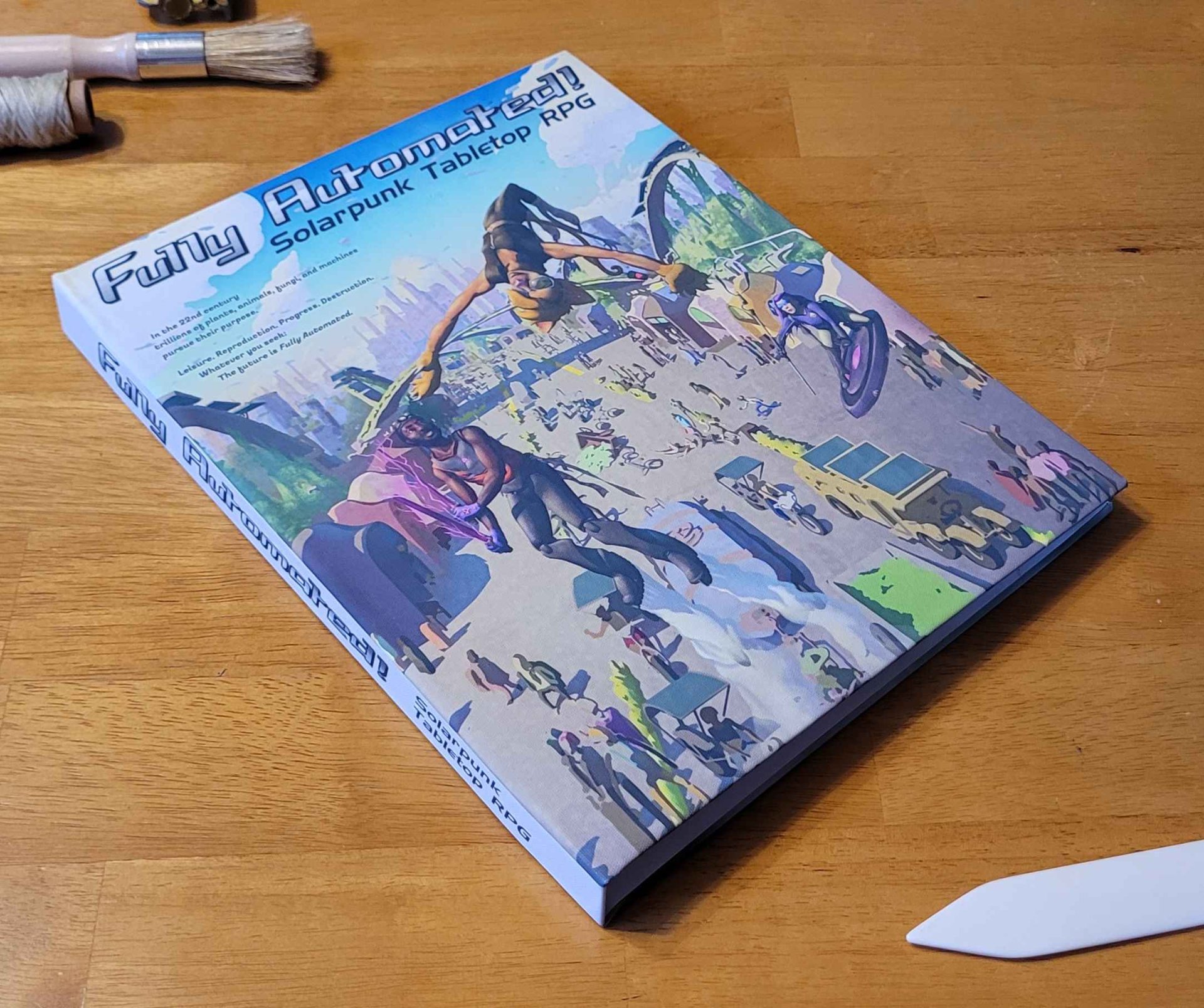

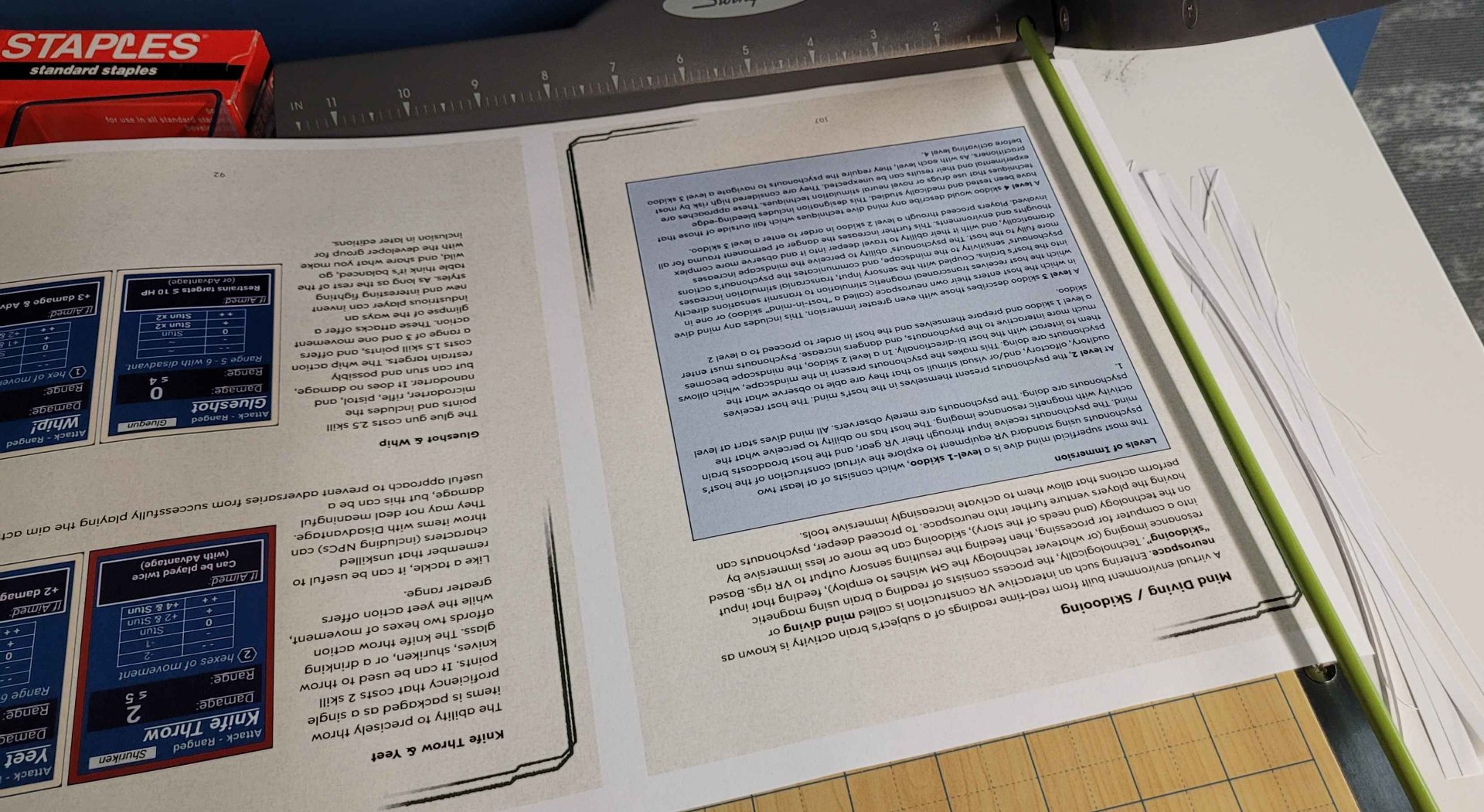
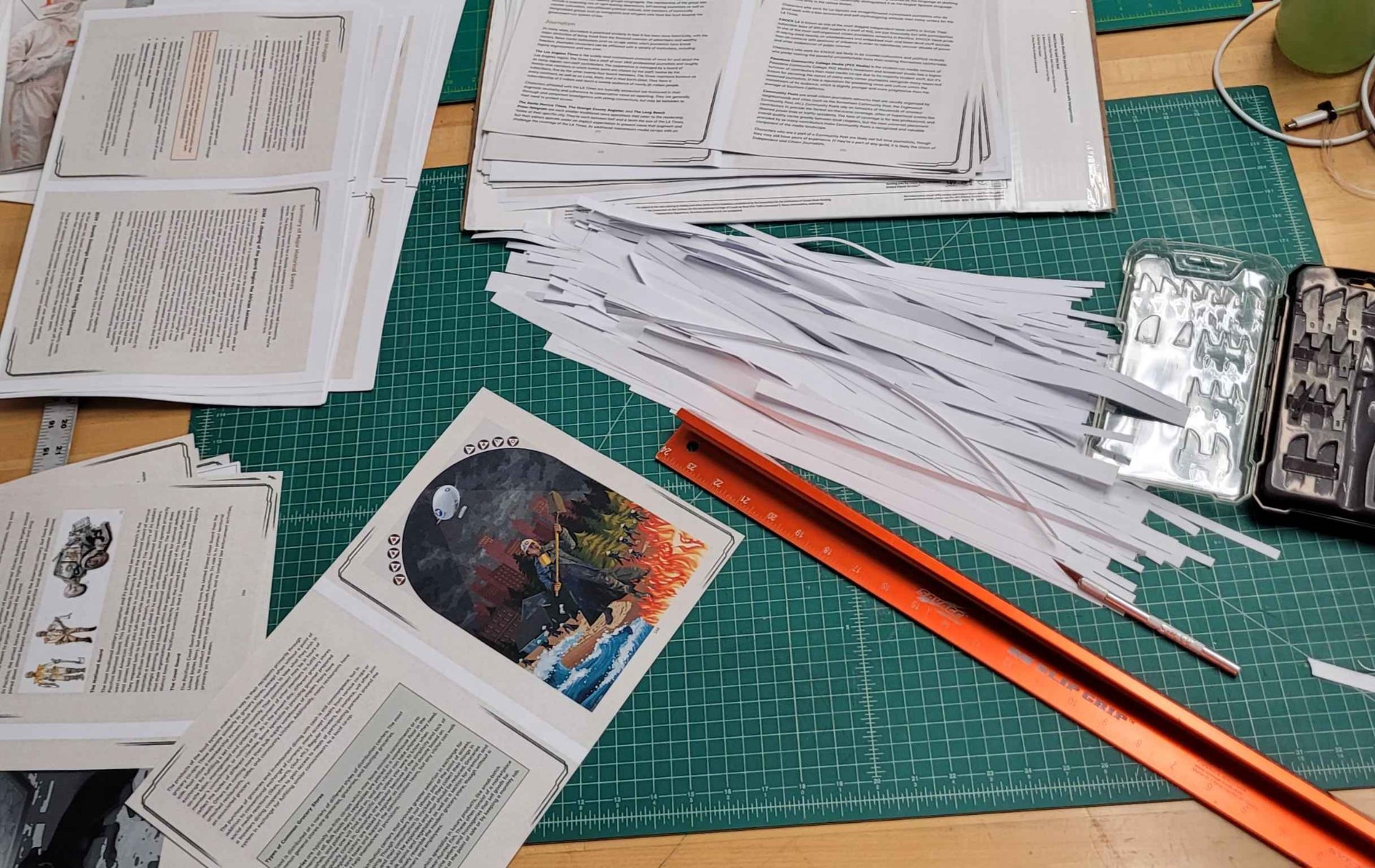
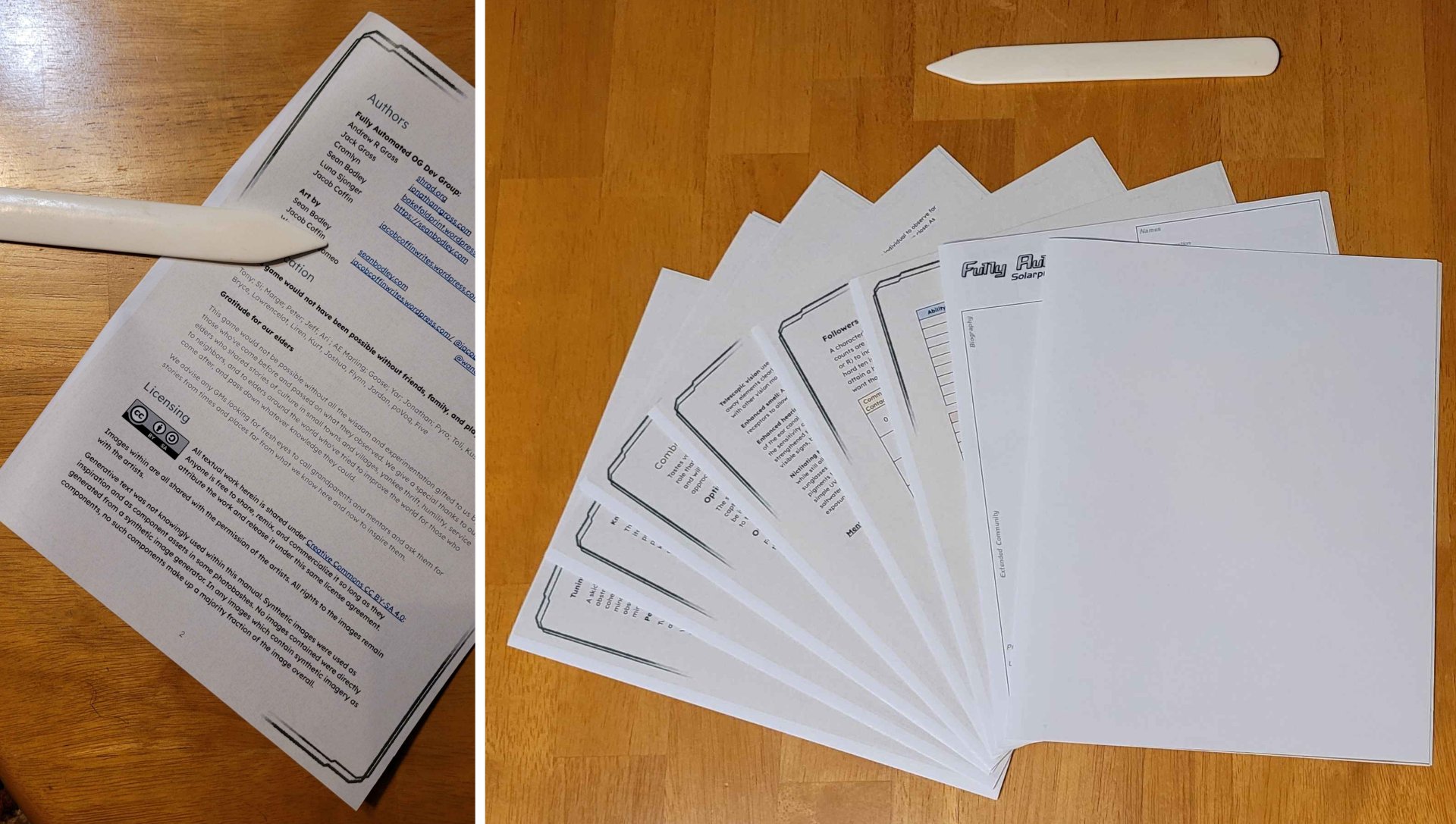
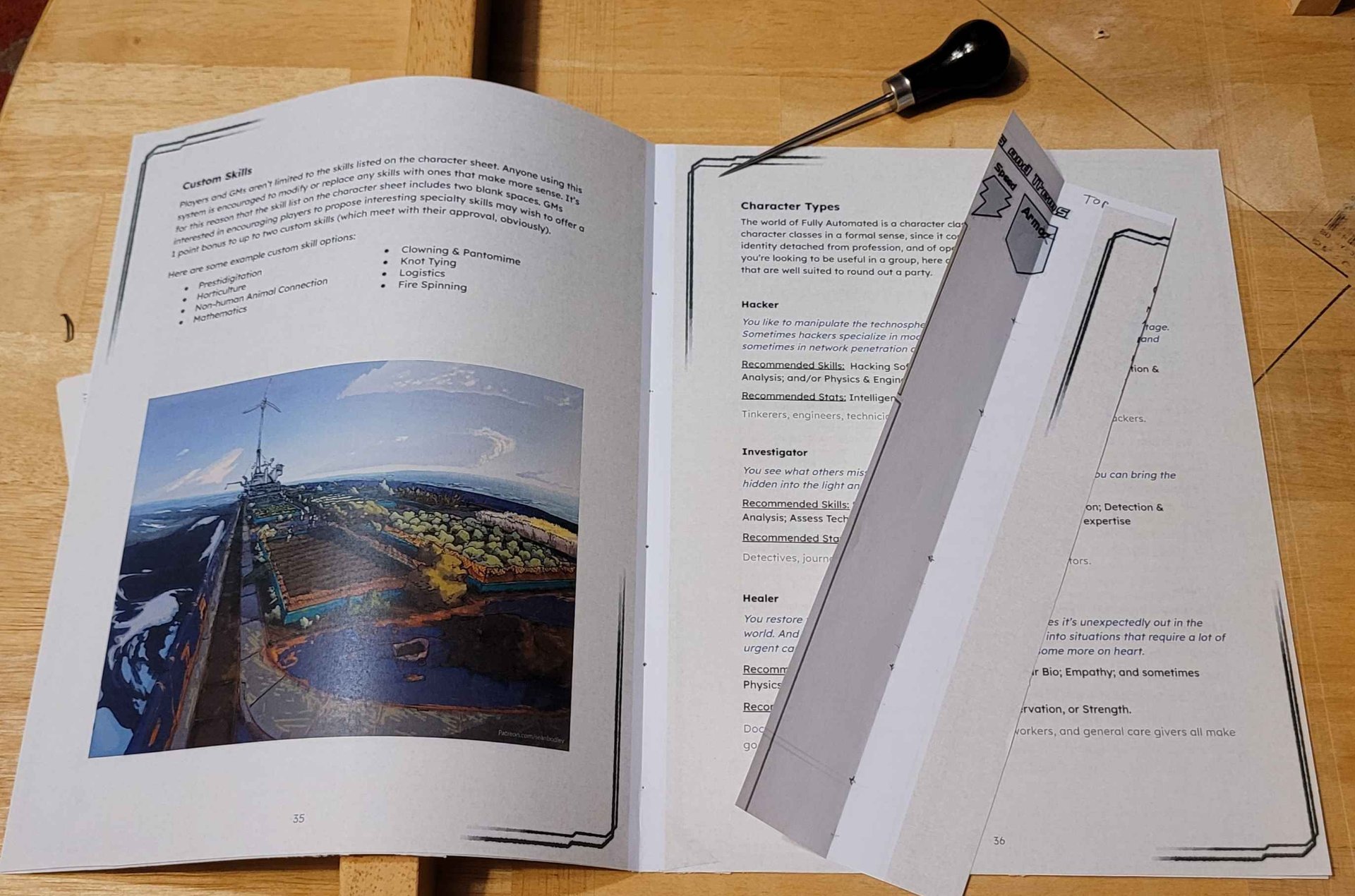
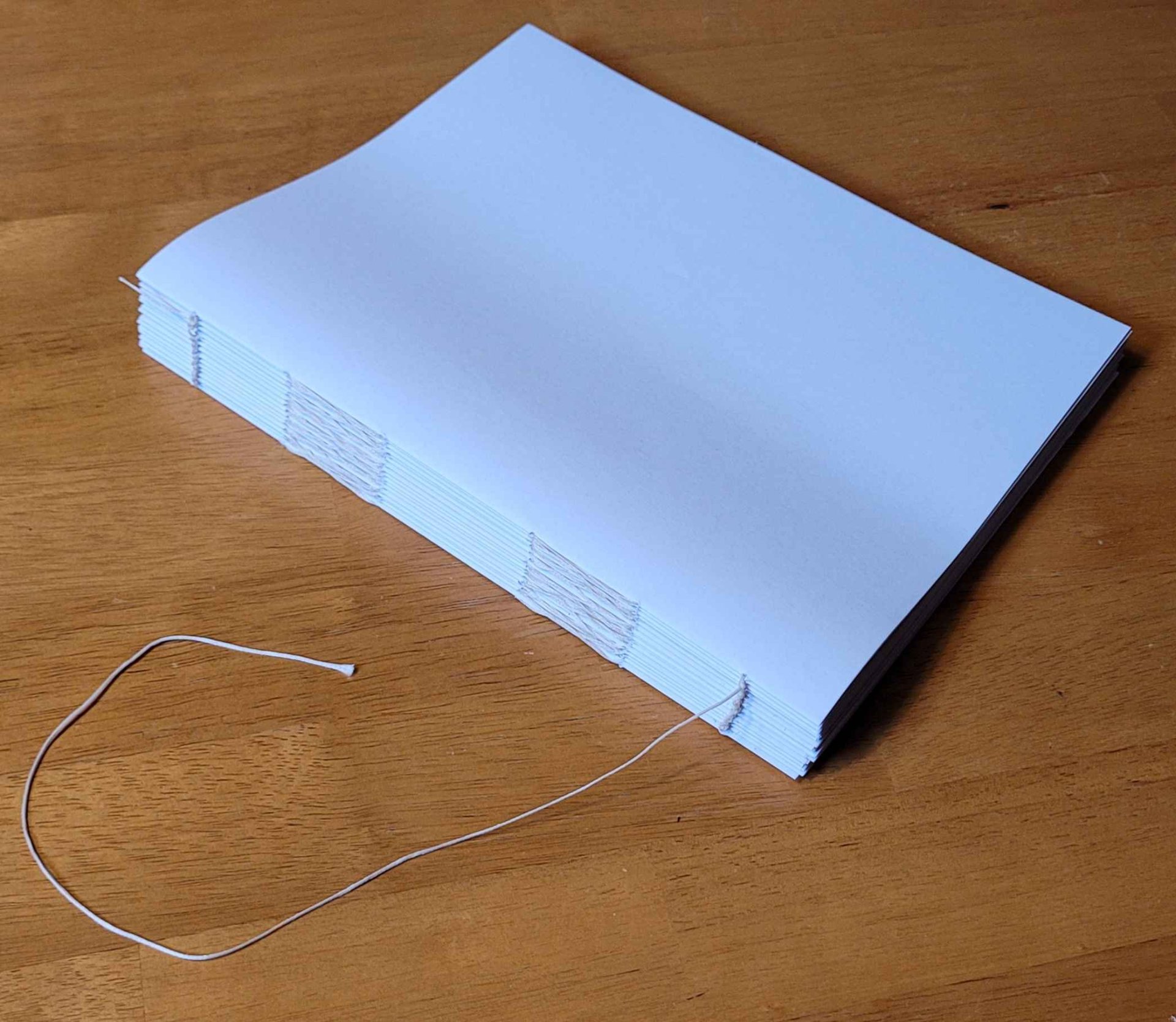

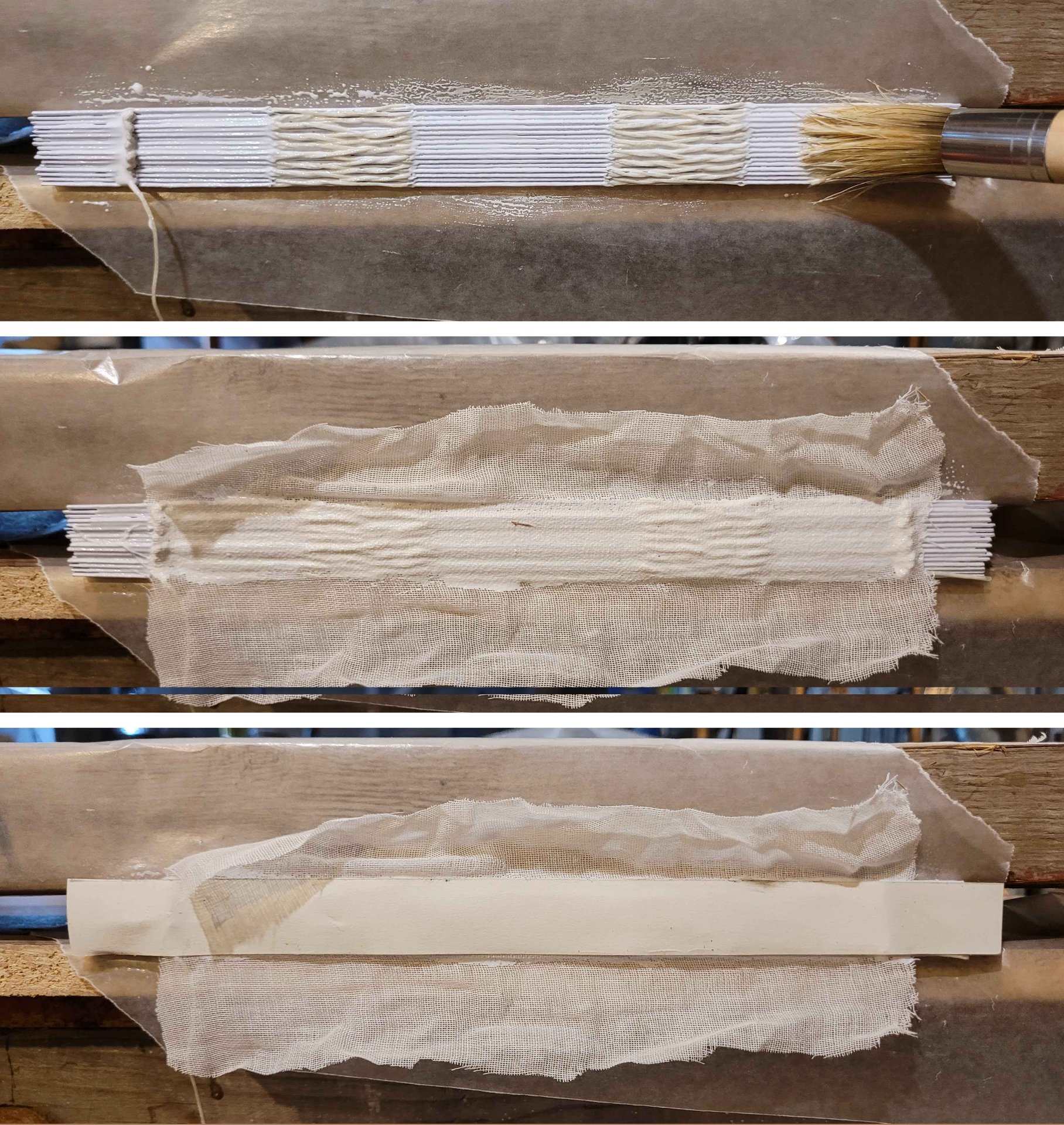


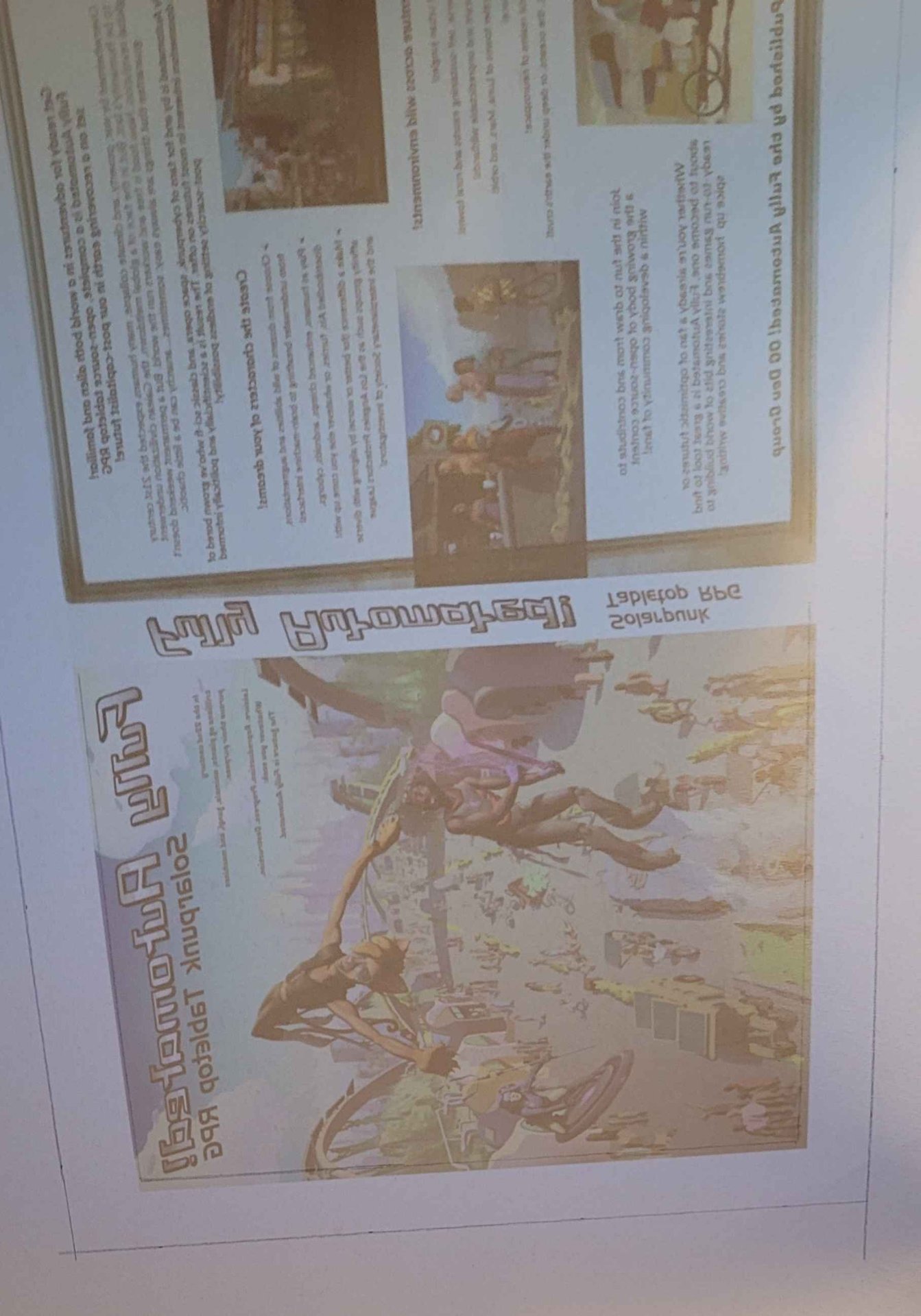
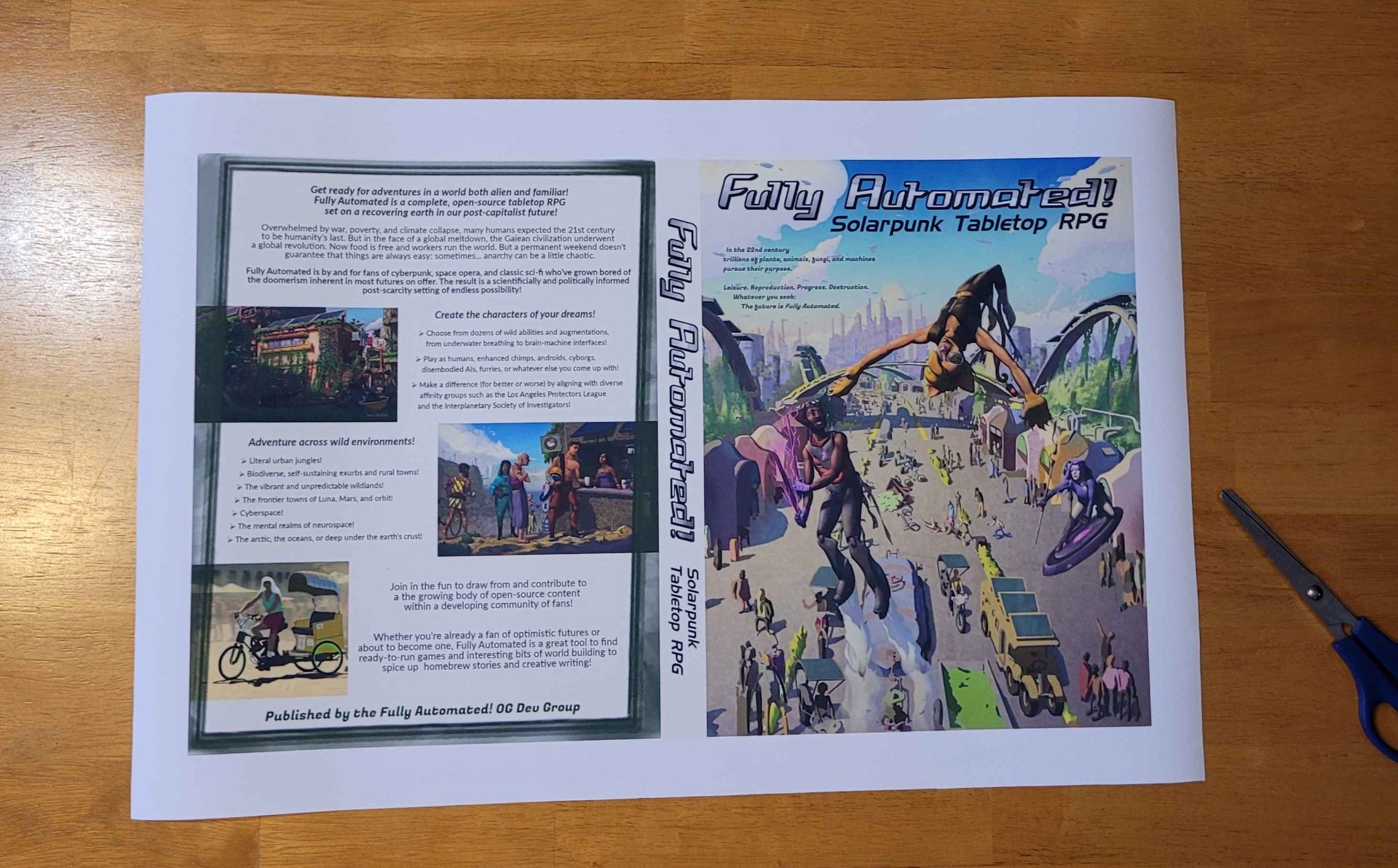
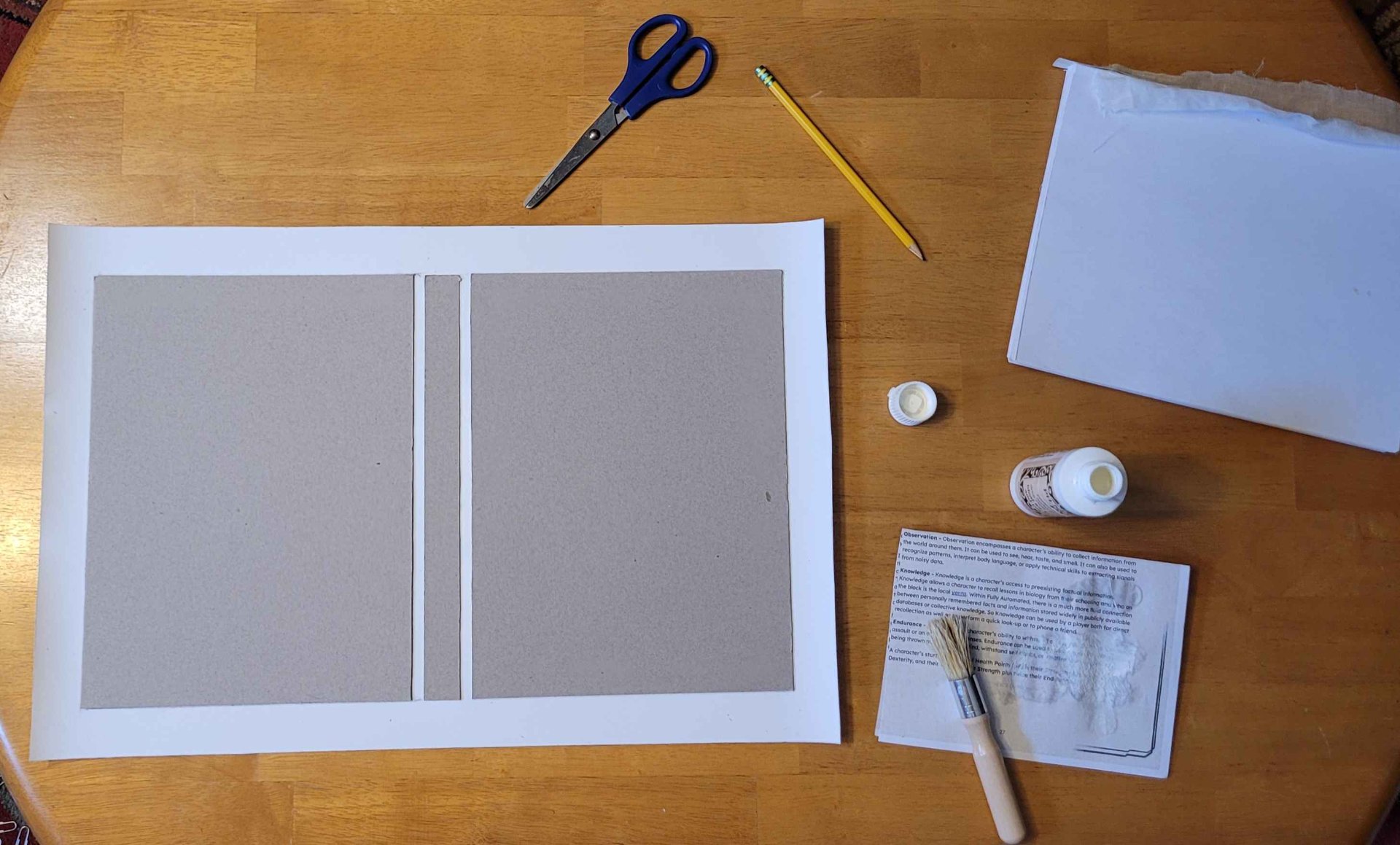
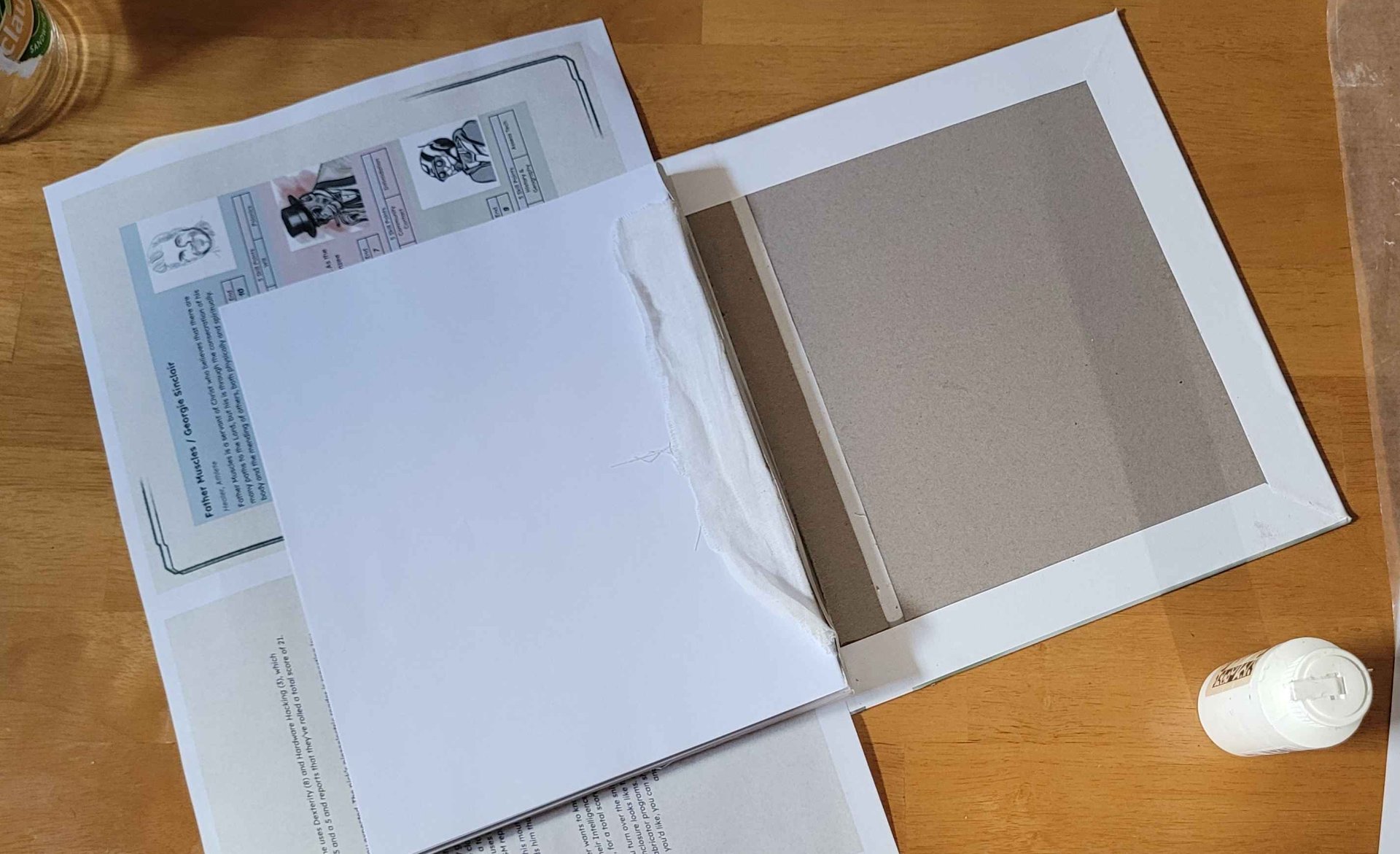
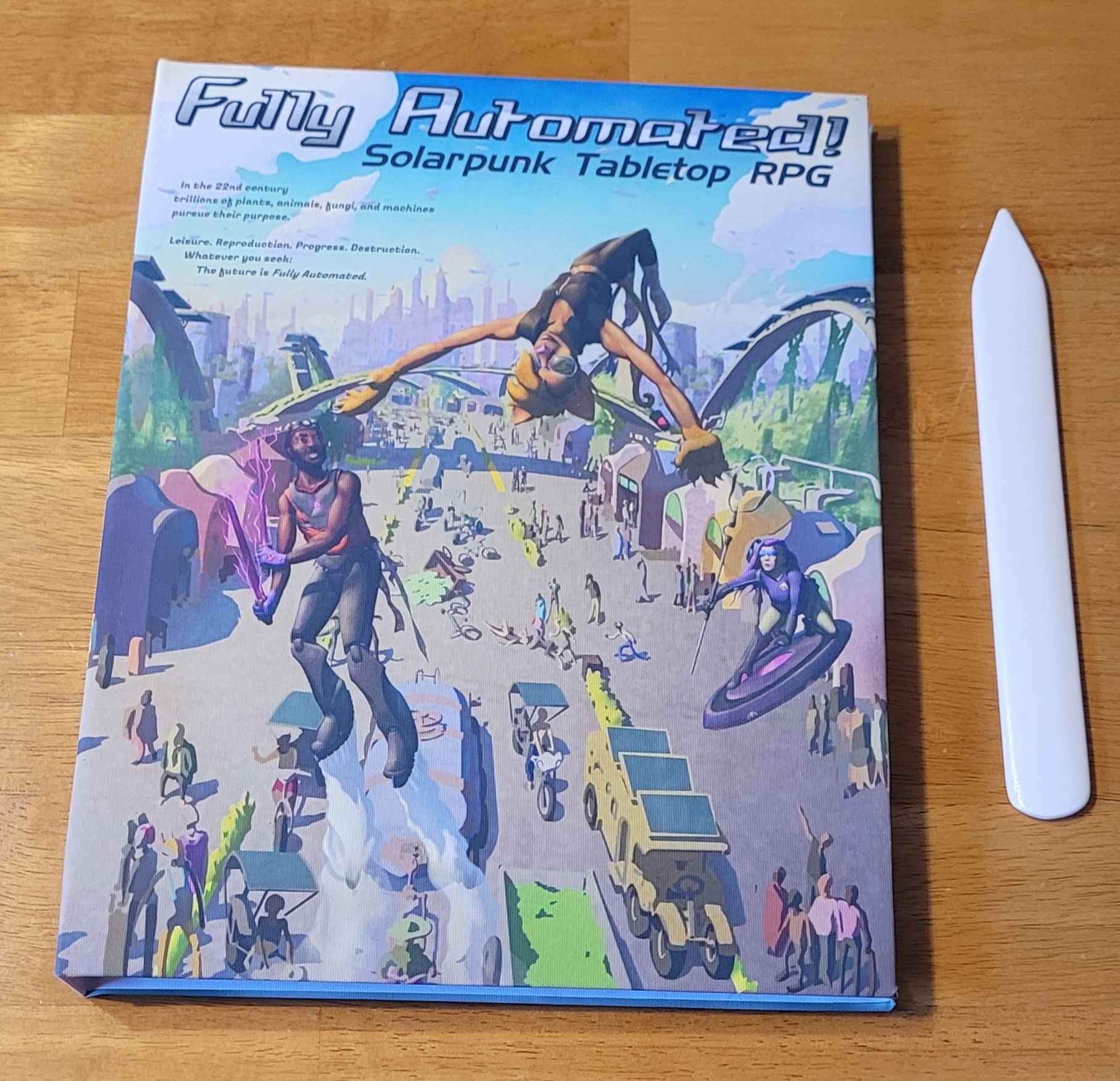
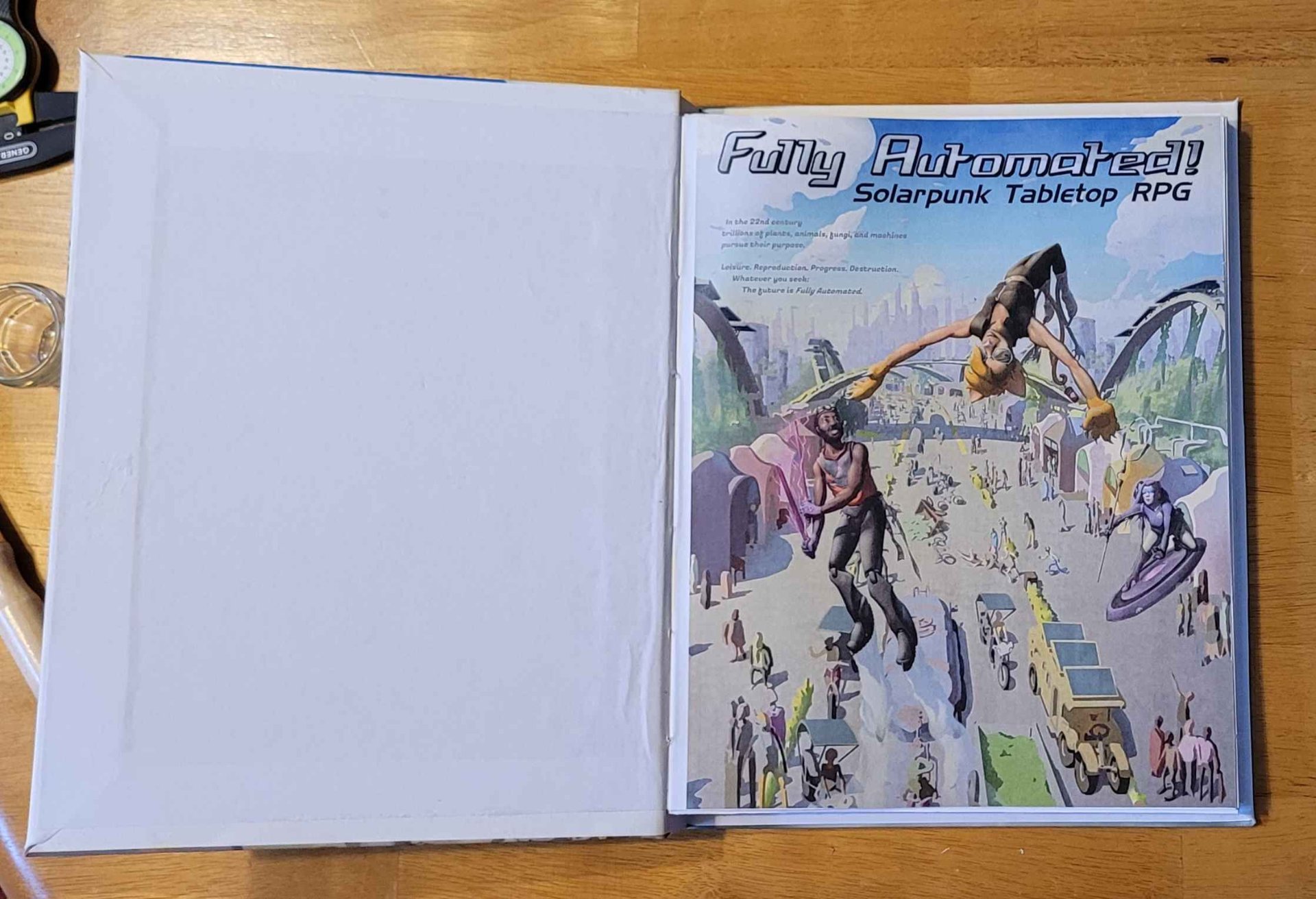
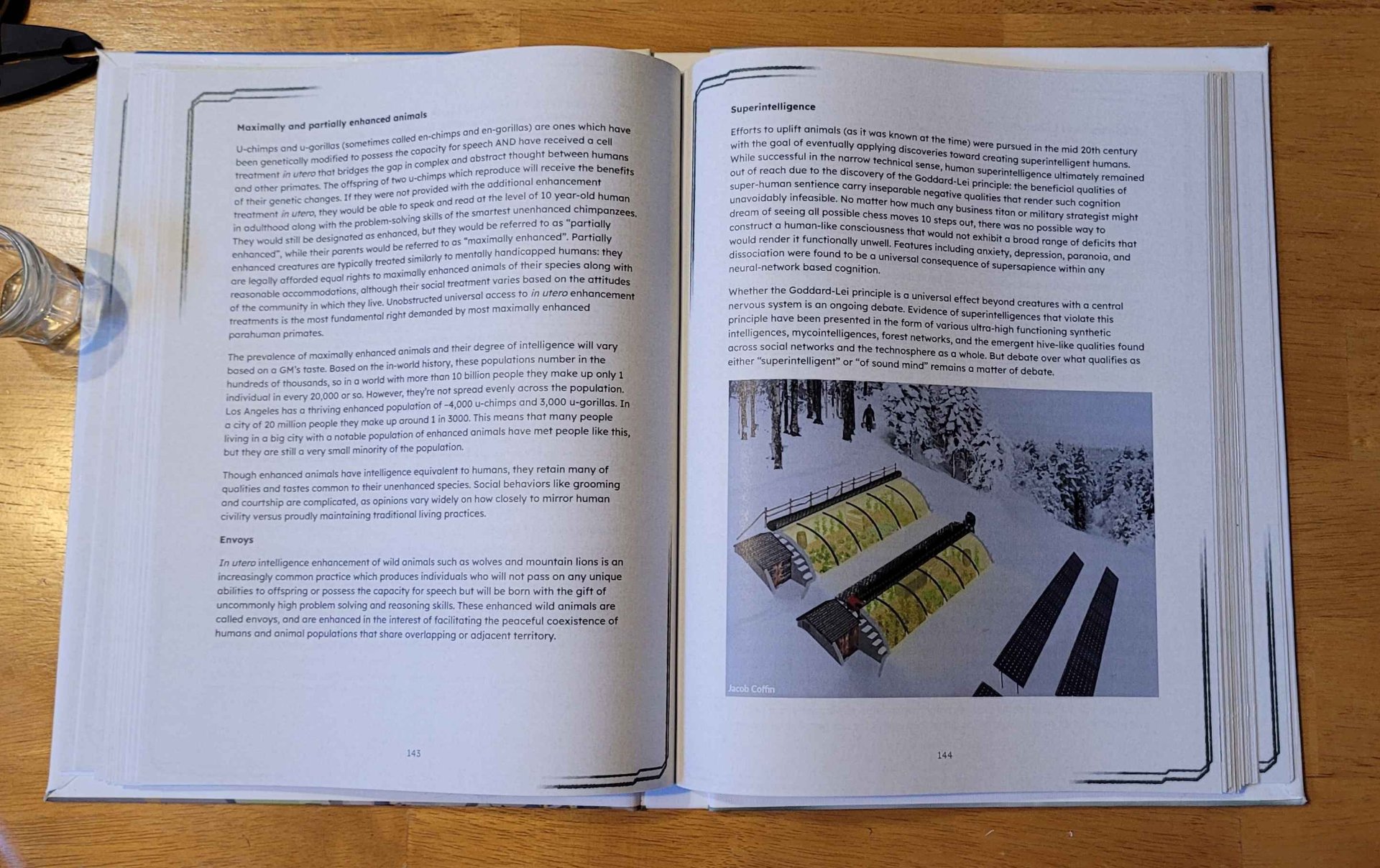
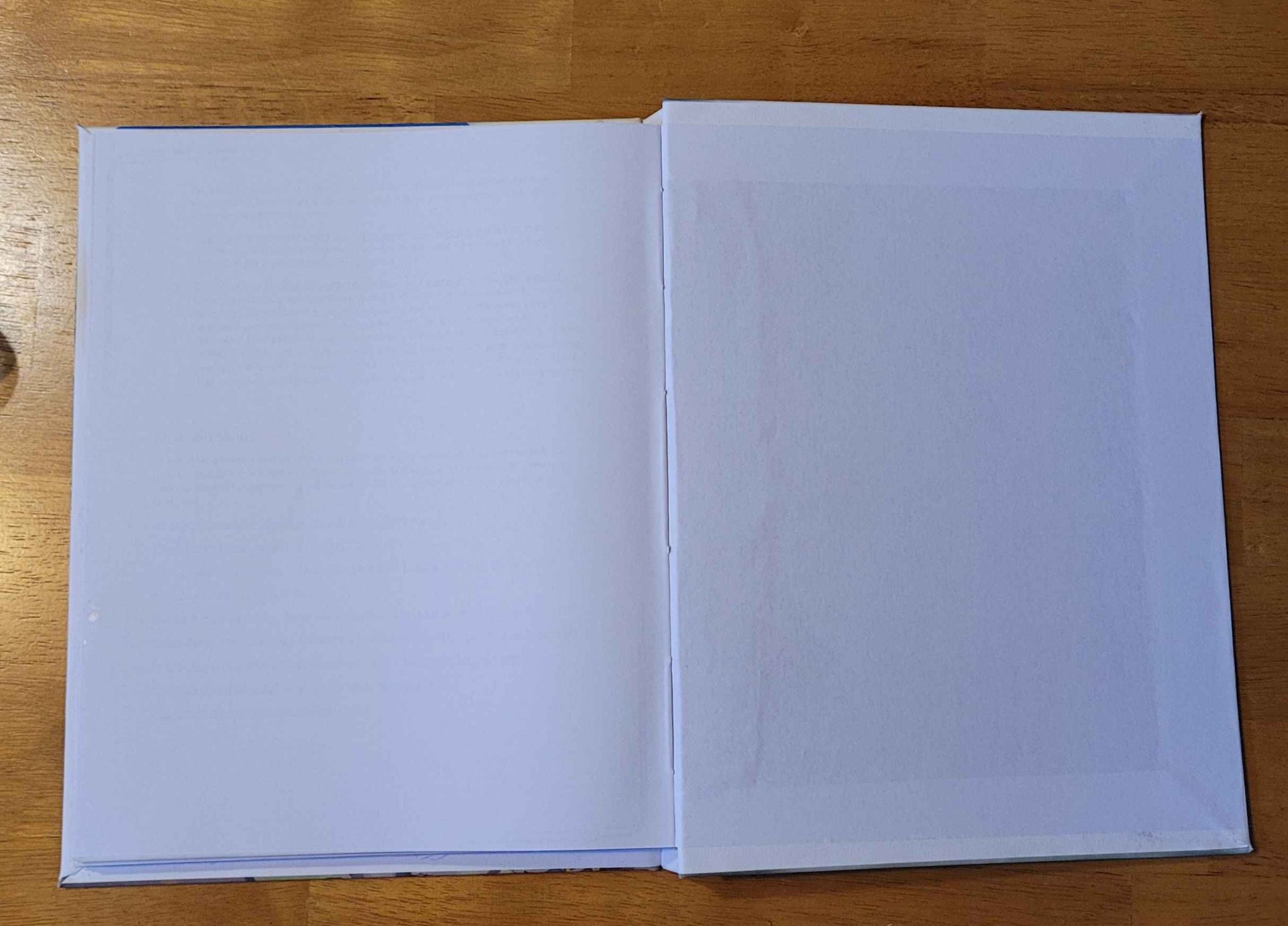
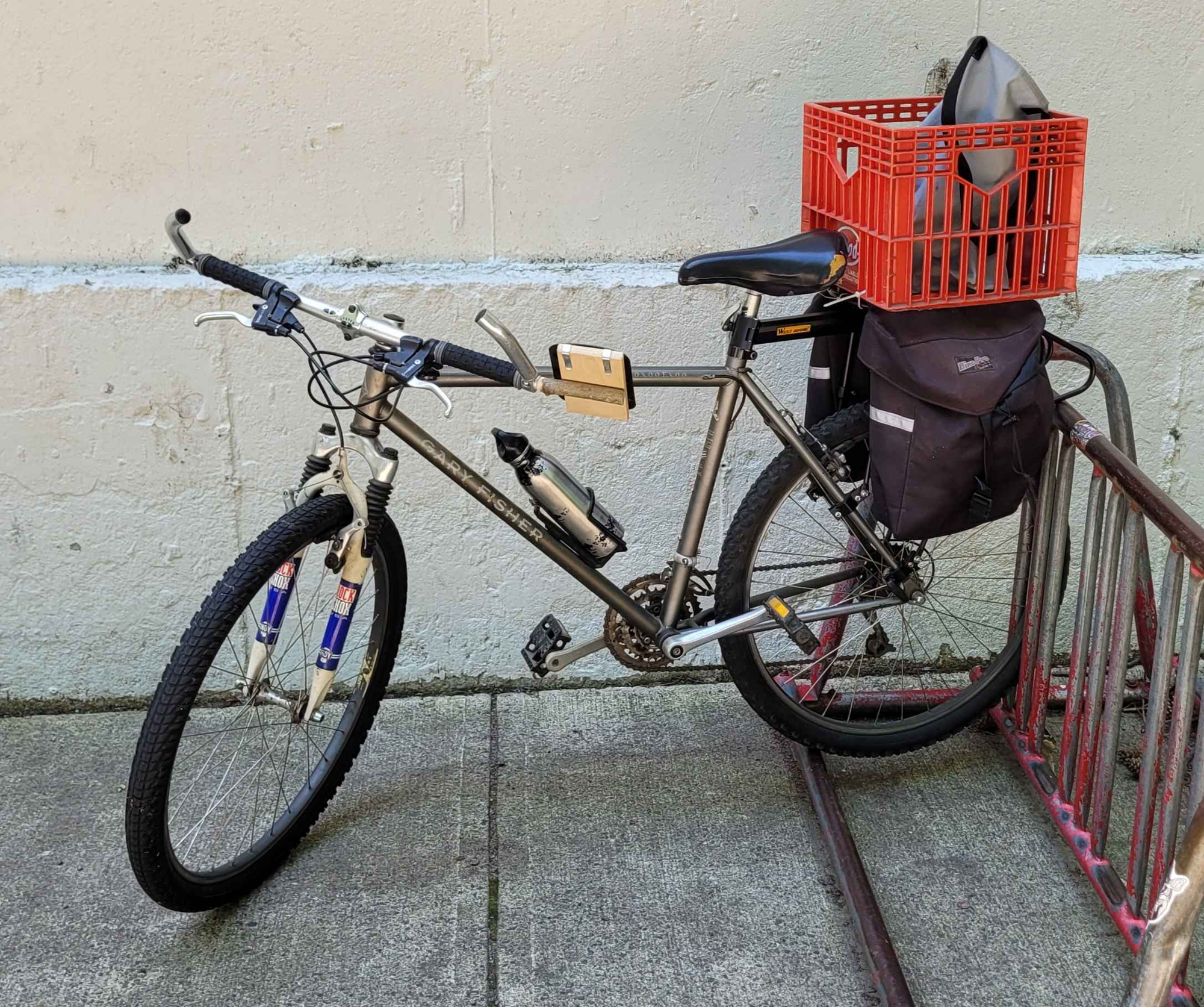

 (Test fitting the 3/8 rod into the upper section of the telescoping rear post)
(Test fitting the 3/8 rod into the upper section of the telescoping rear post)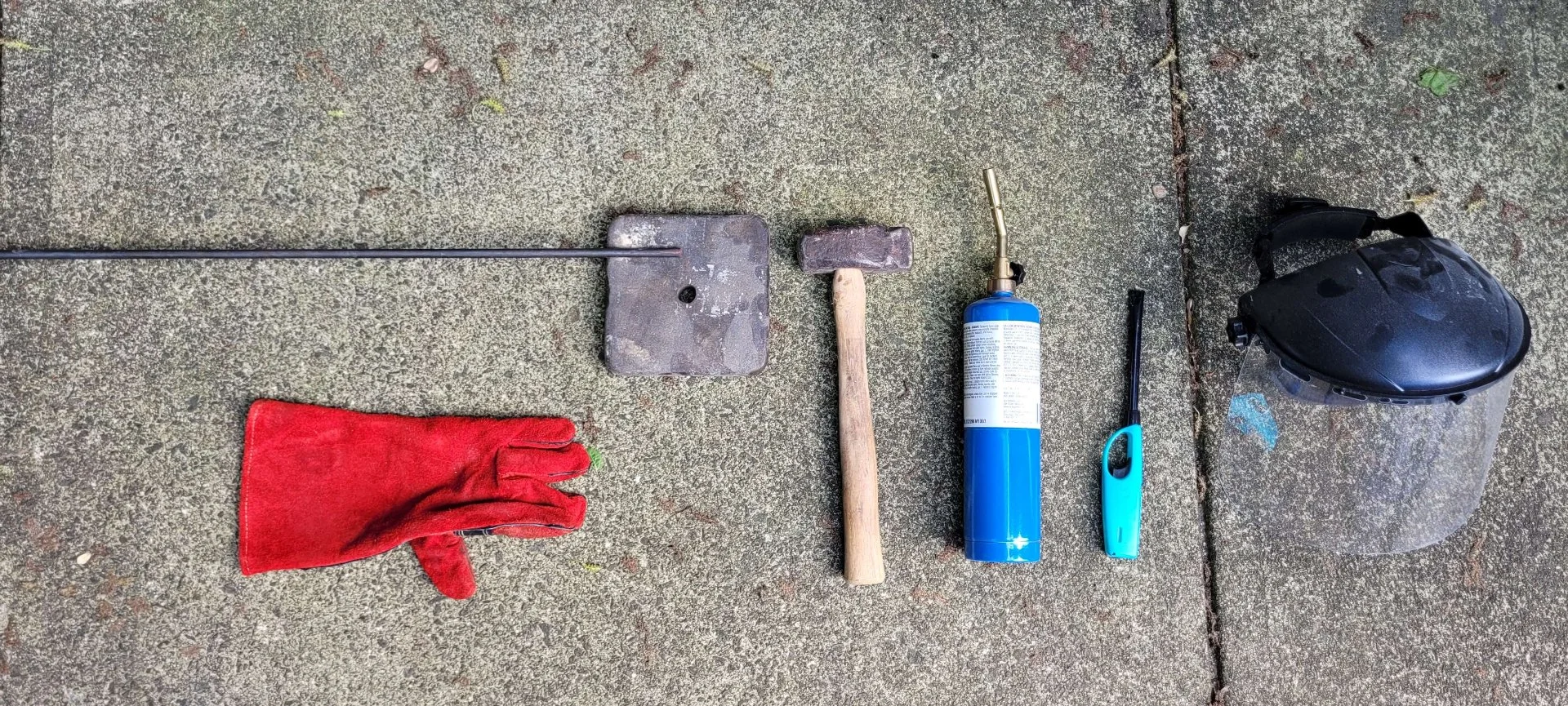






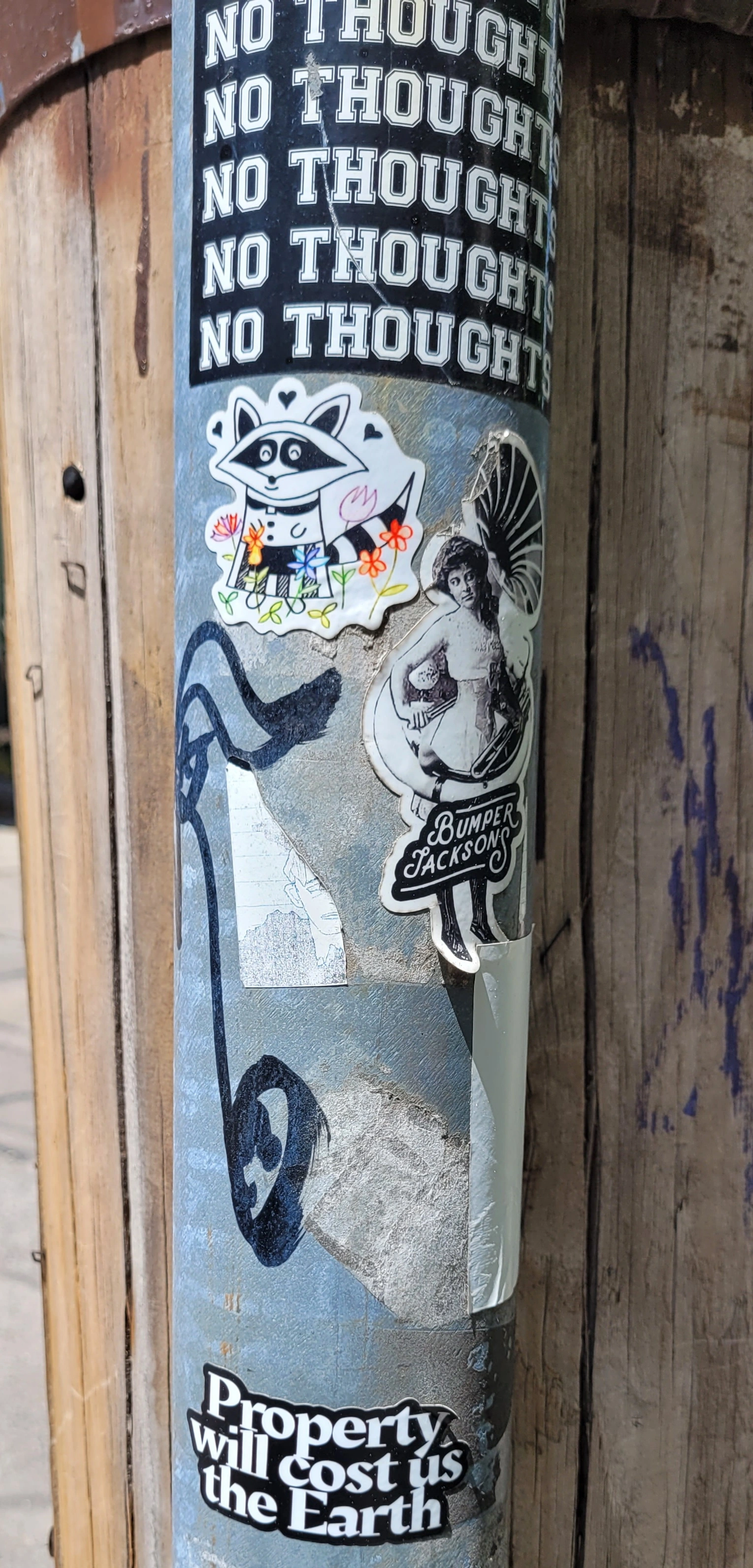
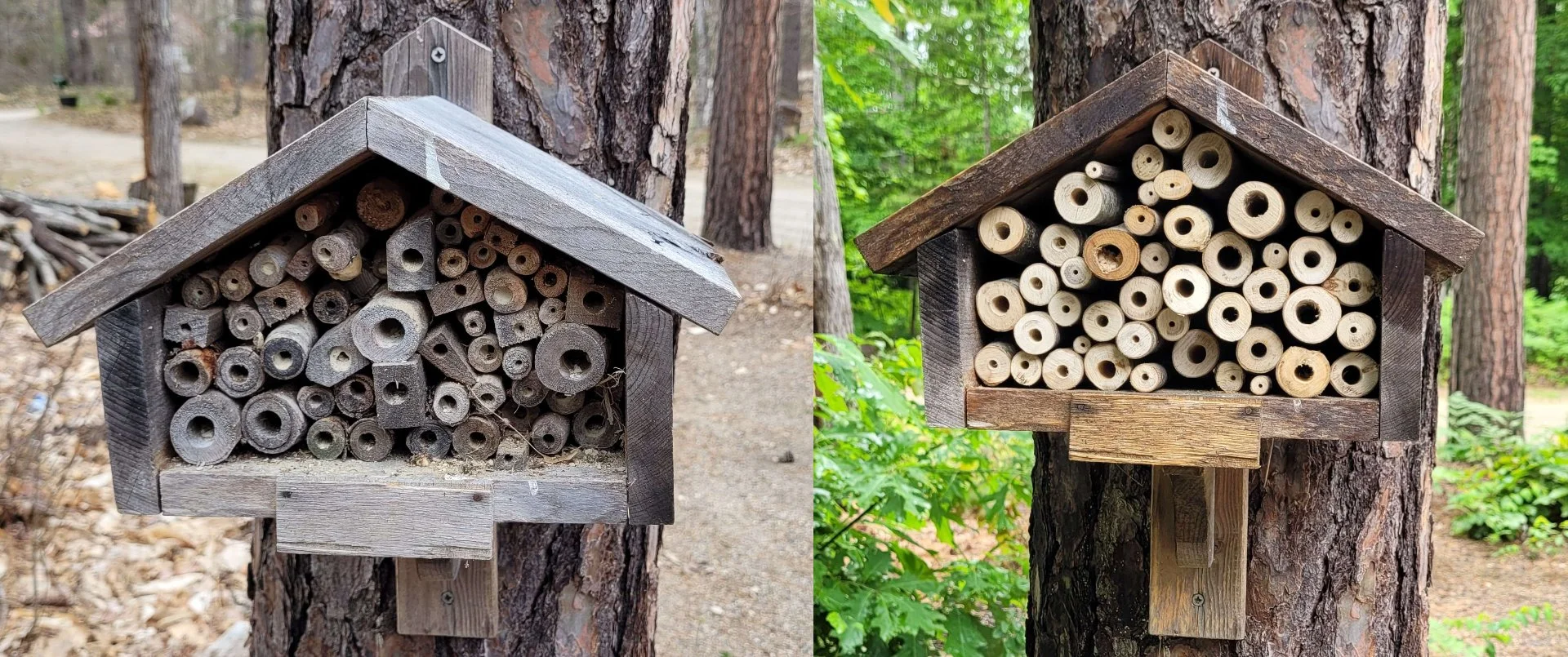
 (One pile of many)
(One pile of many)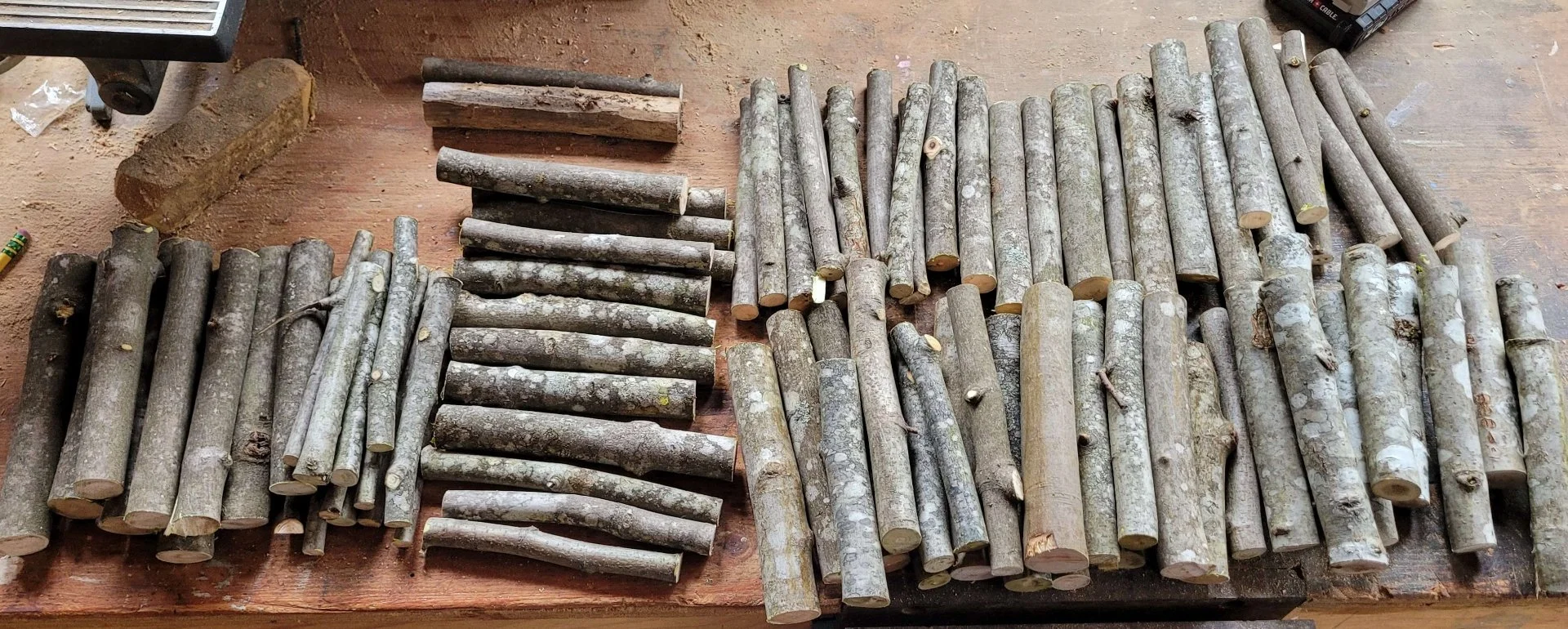

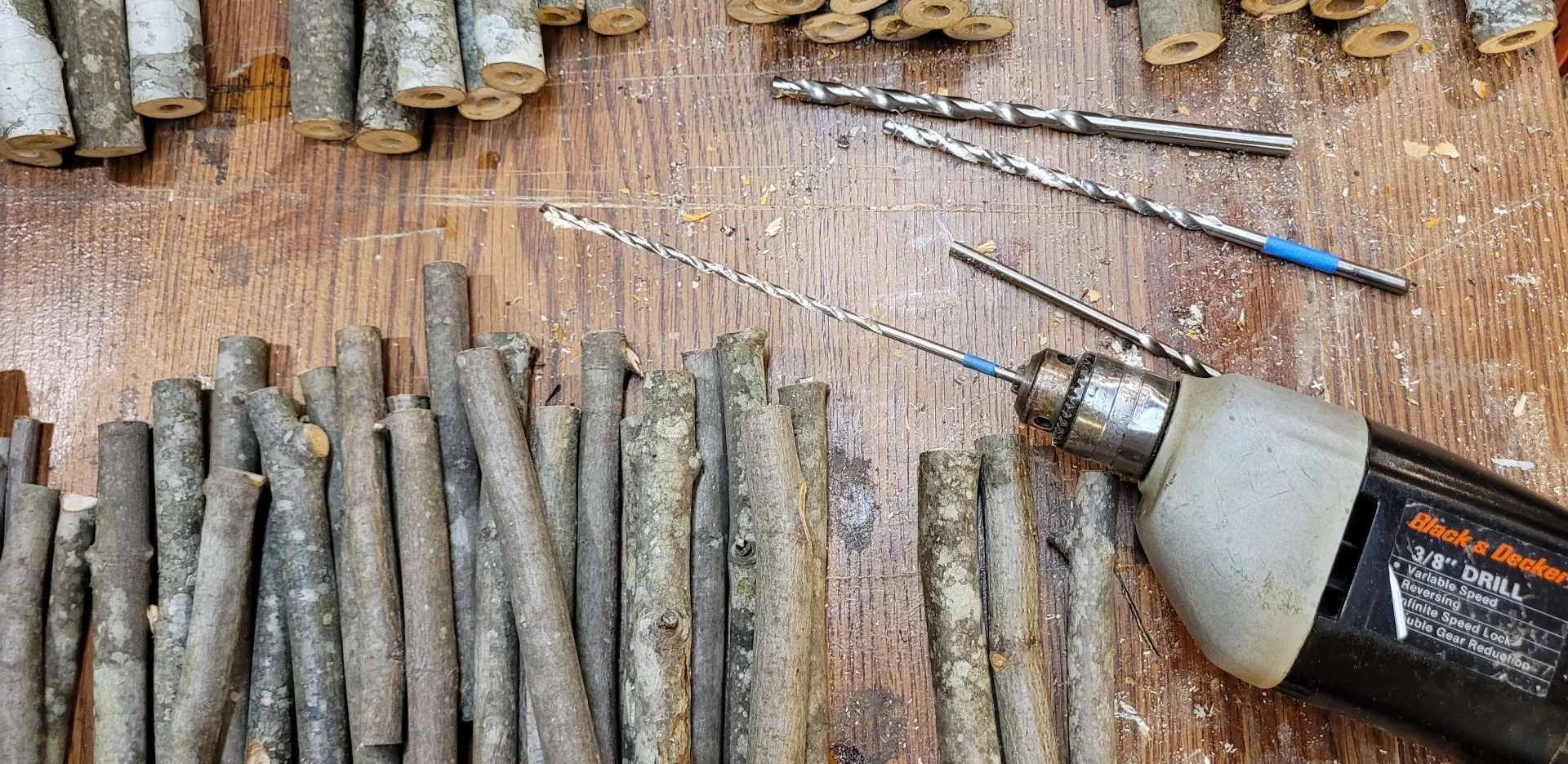
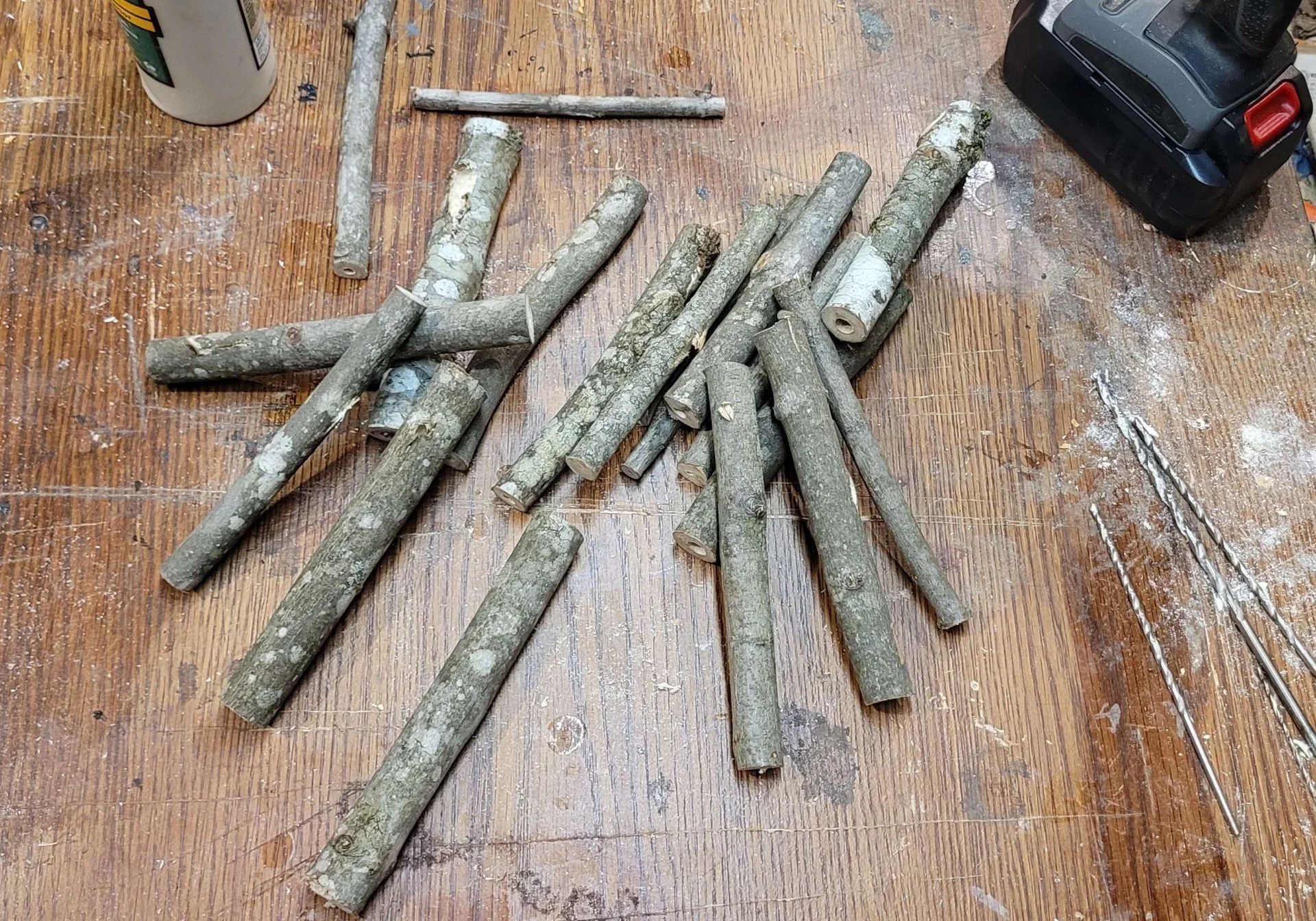
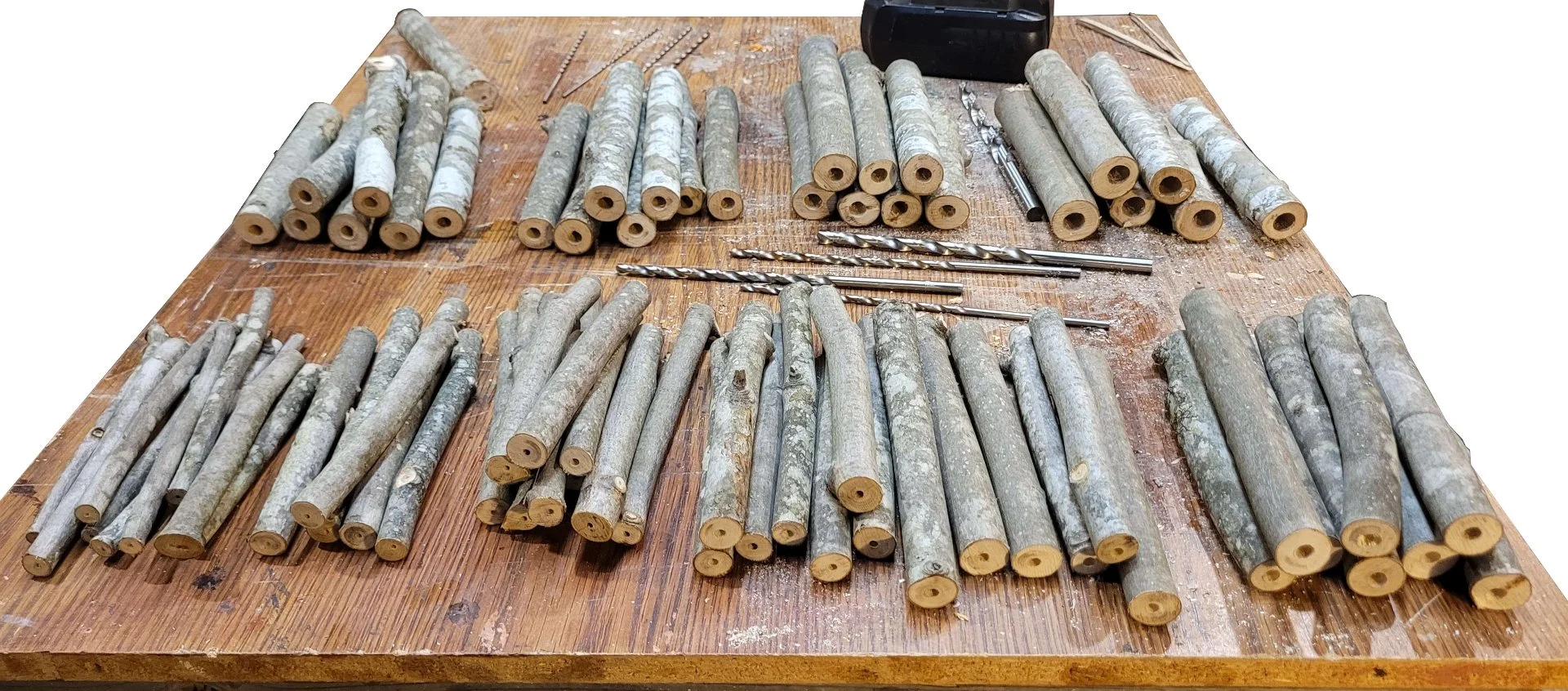
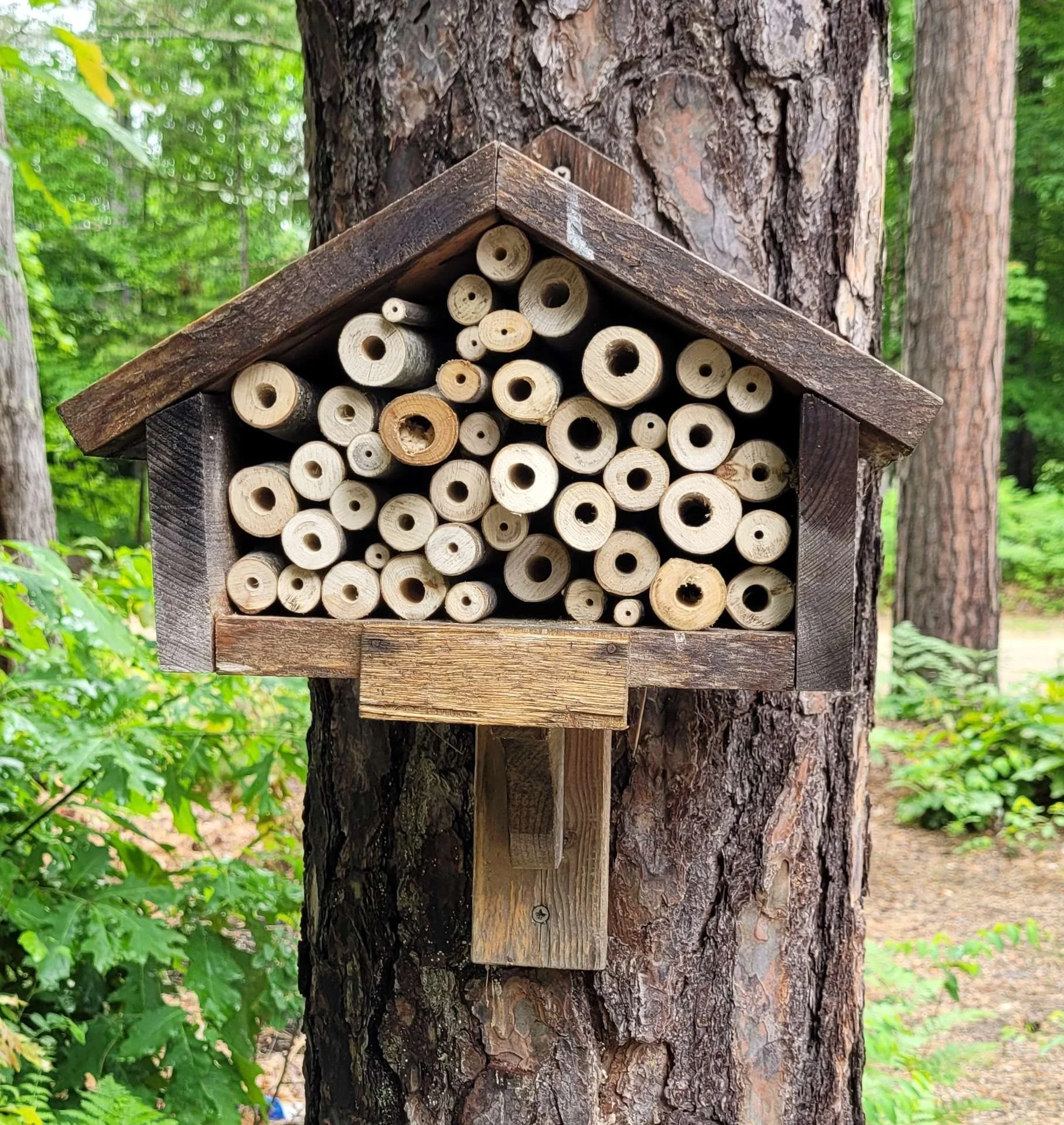

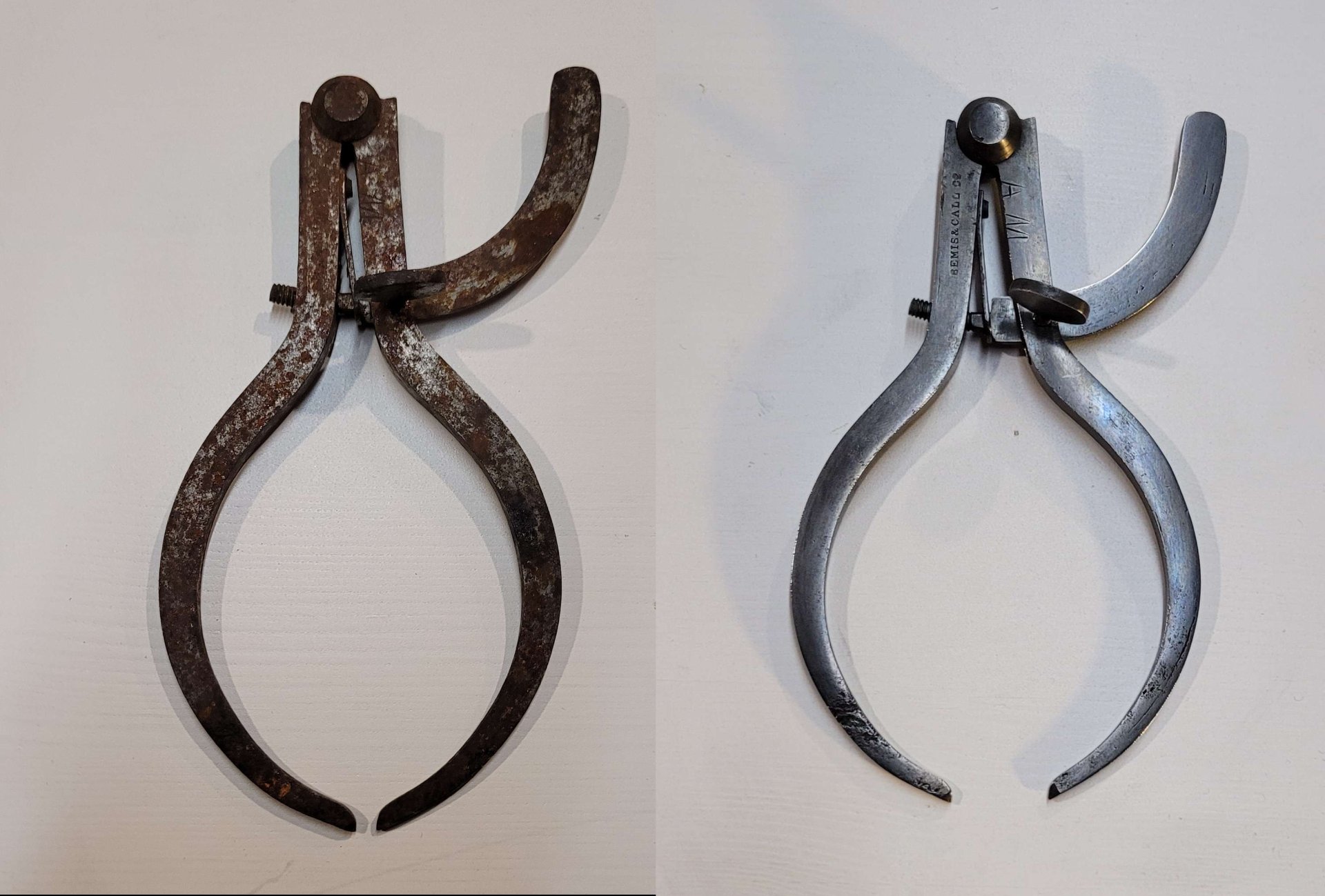


 The calipers, straight out of the evaporust. You can already see some text which was hidden before, along with the initials AM from a previous owner.
The calipers, straight out of the evaporust. You can already see some text which was hidden before, along with the initials AM from a previous owner. The calipers with only one side sanded.
The calipers with only one side sanded. Here's some funny nicks up near the joint on one side. I wonder what caused them. And the previous owner's mark on the right side, AM. This is a big part of why I love old tools. I love the history they carry with them, even if I don't know all of it.
Here's some funny nicks up near the joint on one side. I wonder what caused them. And the previous owner's mark on the right side, AM. This is a big part of why I love old tools. I love the history they carry with them, even if I don't know all of it. Looking better, but still a ways to go. I was surprised to find that there weren't any markings on the little distance arm. I'd been expecting to find little angle tickmarks or something, maybe even printed numbers, but there weren't any to be seen after the evaporust, or once I started gently sanding off the remaining rust and the black crud evaporust leaves behind.
Looking better, but still a ways to go. I was surprised to find that there weren't any markings on the little distance arm. I'd been expecting to find little angle tickmarks or something, maybe even printed numbers, but there weren't any to be seen after the evaporust, or once I started gently sanding off the remaining rust and the black crud evaporust leaves behind.



In the US, bans on foreign cars which limit the number of 'someone elses' pretty dramatically.
Personally I also suspect a bit of collusion - they could sell it for less and undercut the competition but they all make more money if nobody cuts their price.